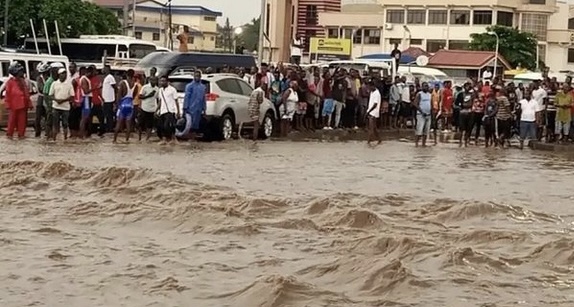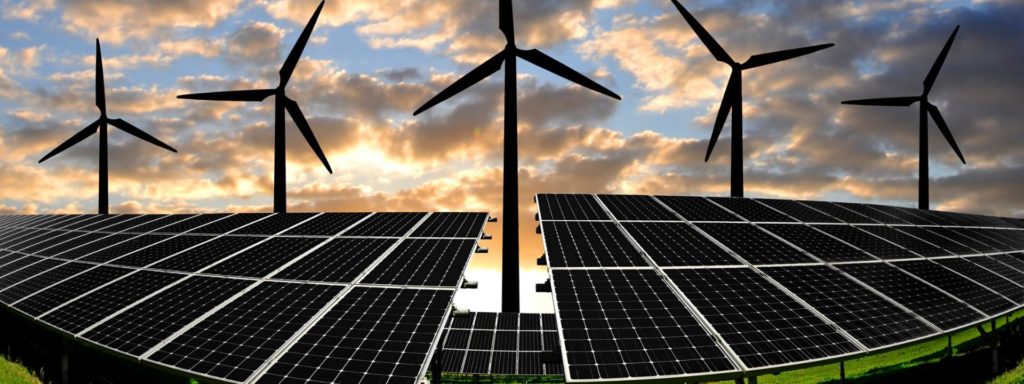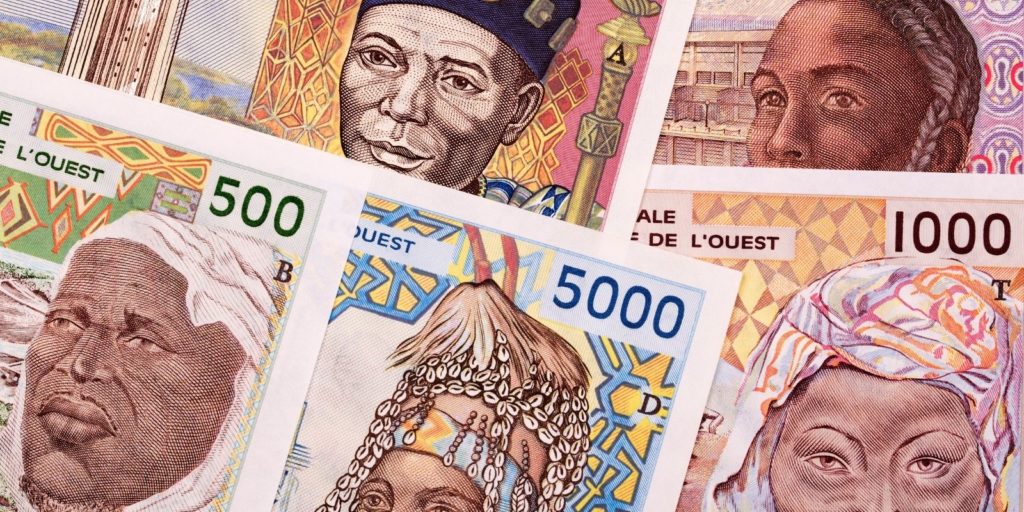It’s still raining; is it still flooding?
Since immemorial, the people of Accra and its environs have constantly grappled with perennial flooding. Despite various interventions by national and local governments now and in the past, the situation persists to this day, exacting a heavy toll on livelihoods and property. Flooding in Ghana is a topic that has been very extensively written about this rainy season, but bear with me. As an agro-commodities trader, I need the rains but it’s August end and it’s still raining. We cannot even start trading Shea Nut because the moisture content requirements keeps getting our schedule thrown off with the rains and the clouds and the humidity it brings with it. How do you dry tens of millions of kilos of an easily damped nut when it’s always cloudy, humid and/or rainy??? I vent. So I did some reading. Now I’m doing some writing. One other harsh effect of this sustained raining, aside throwing off my Shea Nut Season, is Flooding. But why? The effects of climate change on the flooding in Accra Climate change is a global problem that is already having an impact on the environment and society. In Ghana, climate change is causing more extreme weather conditions such as floods and droughts. These extreme weather conditions are affecting the lives of people in Accra, the capital city of Ghana. The effects of climate change on the flooding in Accra are evident. The most evident one occurred in June 2015, when heavy rains caused severe flooding in many parts of the city. The floods affected over 200,000 people and caused widespread damage to property and infrastructure. Climate change is expected to increase the frequency and severity of floods in Accra. (Abeka et al., 2019) Several factors contribute to the flooding in Accra. The city is built on a low-lying coastal plain, which makes it susceptible to flooding from heavy rains and rising sea levels. Climate change is also causing other problems in Accra, such as water shortages and food insecurity. The city’s population is growing rapidly, putting strain on the arguably limited resources. This will likely worsen in the future as climate change continues to impact the city. The effects of climate change are evident with this increased frequency and severity of rains and of floods. This is likely to continue in the future, with devastating consequences for the people who live in the city. Poor city planning and urbanization as the main causes of flooding Climate change is not the only factor that is causing floods in Accra. Poor city planning and urbanization are also major contributors to the problem. The city of Accra is growing rapidly, with the population expected to double by 2030. This rapid growth is putting a strain on the city’s infrastructure and resources. The city’s infrastructure and drainage system also cannot cope with the increasing frequency and severity of floods. For example, the Accra drains cannot handle the large volumes of water that are now being released during storms. As a result, floods are becoming more common. In addition, the way the city has been developed contributes to the problem. Many of the city’s buildings have been constructed without adequate drainage systems. Water can quickly build up around these buildings during storms, leading to flooding. (Amoako & Frimpong Boamah, 2014) The effects of climate change are making the problem of flooding worse. If the issues of poor city planning and urbanization are not addressed, the city of Accra will continue to be at risk of flooding. The lack of maintenance culture among residents and authorities is another key factor. Another factor contributing to the flooding in Accra is the lack of maintenance culture among residents and authorities. The city’s drainage system is not properly maintained, which means it cannot cope with the increased volume of water being released during storms. As a result, floods are becoming more common. In addition, many of the city’s buildings are in disrepair. This means that they cannot stand the heavy rains and flooding that happen more frequently. The lack of maintenance also makes it difficult for the city to recover from floods. The lack of maintenance culture among residents and authorities is a major factor in the flooding problem in Accra. Deforestation and sand mining as the root causes of the floods Deforestation and sand mining are two main activities that have been cited as the root causes of the floods that hit the city of Accra in June 2015. (Saviour, 2012) These activities have led to a loss of vegetation cover and a decrease in the material available to act as a buffer against flooding. The city’s drainage system has become more vulnerable to flooding, as a result, leading to the disaster that occurred in June 2015. The city of Accra is located in Ghana, on the Gulf of Guinea. It is the country’s capital and most populous city, with an estimated population of 4.6 million in 2019. The June 2015 floods in Accra were caused by a heavy downpour that lasted several hours. The rains led to the city’s drainage system overflowing, which caused widespread flooding. (Clark, 1987) In the wake of the floods, an investigation was launched to determine the root causes of the disaster. Deforestation and sand mining were identified as two of the main contributing factors. Deforestation has led to a loss of vegetation cover in the city, which has, in turn, led to an increase in surface runoff during heavy rains. This has made it more difficult for the city’s drainage system to cope with large volumes of water, leading to flooding. Sand mining has also been identified as a contributing factor to floods. Sand mining involves the removal of sand from river beds, beaches, and other areas. This sand is then used for construction purposes. The removal of sand from river beds and other areas has decreased the amount of material available to act as a buffer against flooding. This has made the city’s drainage system more vulnerable to flooding during
It’s still raining; is it still flooding? Read More »




